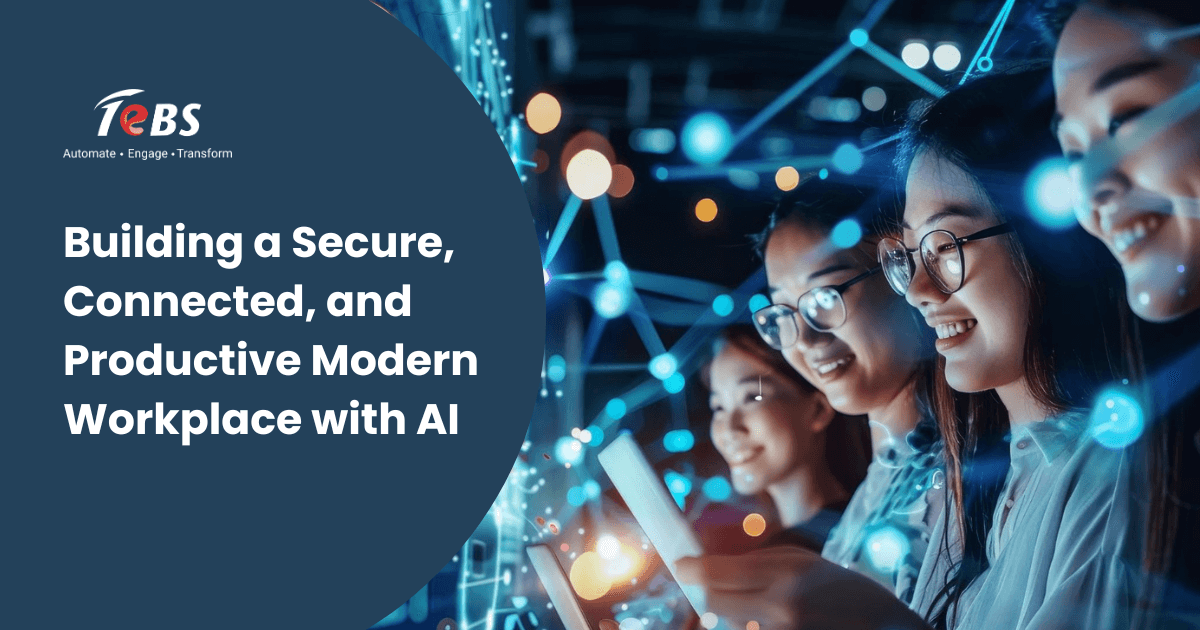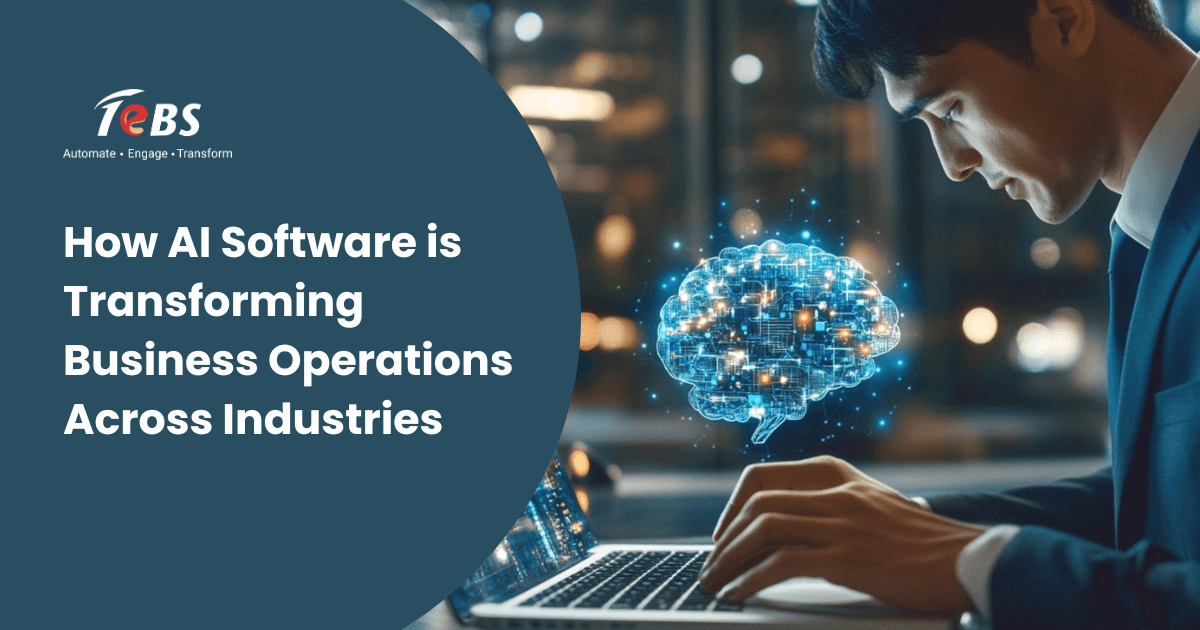Nonprofit organizations play a crucial role in driving societal impact by delivering services to vulnerable populations, advocating for causes, and fostering community engagement.
However, many nonprofits still face operational bottlenecks and administrative burdens that hinder their ability to serve effectively.
Case management, in particular, is one area that often demands substantial time, resources, and coordination.
From handling client data and scheduling appointments to monitoring outcomes and maintaining compliance, the complexity can quickly overwhelm limited teams.
This is where artificial intelligence is beginning to redefine the nonprofit operating model. With the power of AI, organizations can transform their case management processes, improving efficiency, responsiveness, and personalization without increasing their operational load.
By integrating AI into their casework systems, nonprofits can shift their focus back to what truly matters: creating impact within the communities they serve.
The Evolving Landscape of Case Management
At its core, case management is about guiding individuals or groups through a continuum of services to achieve better outcomes.
In the nonprofit context, this often includes services related to elder care, mental health, counseling, rehabilitation, education, or welfare.
Traditionally, caseworkers manually record client details, assess needs, design action plans, follow up on progress, and document outcomes. Each of these tasks requires careful attention and coordination.
But as nonprofits grow in scope and complexity, relying solely on manual casework methods creates risk.
Data duplication, missed follow-ups, unstructured documentation, and delayed service delivery are just some of the challenges that emerge.
These inefficiencies can compromise not just operational performance, but also the quality of support provided to clients.
Enter AI a catalyst for reimagining how nonprofits approach case management in a smarter, more sustainable way.
AI as an Enabler of Intelligent Case Management
AI augments traditional case management by embedding intelligence into every step of the process.
Rather than replacing human caseworkers, AI acts as an enabler automating repetitive tasks, analyzing patterns, and providing insights that help staff make more informed decisions.
One of the most significant advantages of AI in case management is its ability to streamline data capture and interpretation.
AI-powered systems can automatically categorize case records, extract relevant details from uploaded documents, and even transcribe and analyze notes from counseling sessions.
This eliminates the need for extensive manual data entry and ensures that records remain clean, complete, and searchable.
Moreover, AI helps predict service needs by analyzing client history, behavior, and risk factors.
For example, an AI model trained on past case outcomes can suggest tailored support services or flag cases that require urgent intervention.
These predictive capabilities make it possible to intervene earlier, allocate resources more strategically, and increase the likelihood of positive results.
Smarter Scheduling and Resource Allocation
Scheduling is often one of the most time-consuming aspects of nonprofit casework. Coordinating between caseworkers, volunteers, and clients, especially in multi-location settings, is rarely straightforward.
AI solves this by using smart algorithms to match availability, skillsets, and geographical proximity, automatically generating optimal schedules for appointments, visits, or group sessions.
This ensures that the right people are assigned to the right tasks at the right time, boosting productivity while minimizing administrative workload.
Organizations also benefit from increased transparency and agility, allowing them to adapt faster when changes arise.
Personalizing Support with AI-Driven Insights
Clients in nonprofit environments often come from diverse backgrounds and have unique needs.
AI allows caseworkers to deliver more personalized support by analyzing vast amounts of data such as demographics, preferences, feedback, and outcomes and transforming it into actionable insights.
For instance, AI tools can segment clients based on risk levels or service engagement, enabling caseworkers to customize communication and action plans accordingly.
AI-driven recommendations also help fine-tune interventions based on what has worked in similar cases, reducing guesswork and increasing the quality of service delivery.
Additionally, AI-powered chatbots can extend support to clients beyond office hours by answering frequently asked questions, scheduling appointments, and guiding them through self-service portals.
This enhances accessibility and empowers clients to manage aspects of their case independently.
Improving Monitoring and Compliance
AI enhances the ability of nonprofit organizations to monitor outcomes, track progress, and remain compliant with reporting standards.
Automated dashboards consolidate data from various sources and display real-time metrics related to case resolution, client engagement, and service timelines.
These dashboards also support outcome-based reporting by visualizing the effectiveness of interventions, identifying service gaps, and highlighting trends across programs.
This not only supports internal decision-making but also strengthens accountability to funders, board members, and regulators.
By reducing the time spent on compliance and reporting tasks, AI allows staff to redirect their efforts toward frontline service delivery and community engagement.
Fostering Collaboration Across Teams
Nonprofits often rely on collaboration among different internal departments, partner agencies, and volunteers.
AI-powered platforms facilitate this collaboration by centralizing data, enabling secure communication, and providing a shared view of each case.
With unified access to case histories, notes, tasks, and documents, authorized users can work together without duplication or miscommunication.
AI-driven workflows further enhance collaboration by automating task assignments, sending reminders, and updating statuses in real time.
This level of coordination ensures continuity of care, even when multiple stakeholders are involved, and strengthens the nonprofit’s ability to deliver consistent and high-quality services.
Accelerating the Journey Toward Digital Maturity
AI in case management is not just about operational efficiency it is a strategic lever for digital transformation.
As nonprofits strive to expand their community reach, adopt more sustainable models, and improve service quality, embracing intelligent systems becomes essential.
The journey toward becoming a digitally mature nonprofit starts with rethinking how casework is approached and delivered. AI provides the tools and intelligence to make this shift practical and impactful.
By adopting AI-infused platforms, nonprofits can:
- Scale their operations without proportional increases in cost
- Respond faster to community needs
- Design more inclusive, data-driven programs
- Deliver higher satisfaction for beneficiaries, donors, and staff alike
The Role of an Integrated AI Platform in Case Management
To fully harness the benefits of AI, nonprofits need more than isolated tools they need a unified platform that brings together AI, case management, donor engagement, volunteer coordination, and operational automation.
A purpose-built digital NPO platform with embedded AI capabilities allows nonprofits to centralize all their functions in one place. It offers modularity to meet sector-specific needs, configurability to adapt to various nonprofit models, and scalability to support future growth.
Such platforms not only manage cases, but also improve fundraising outcomes, simplify volunteer administration, automate outreach, and provide self-service access for all stakeholders involved.
Toward a More Engaged and Impactful Future
By transforming how cases are managed, AI gives nonprofit organizations a path toward greater efficiency, stronger relationships, and deeper community impact.
Whether they are addressing social care, mental health, education, or community development, nonprofits can now serve with greater precision and purpose.
The key lies in choosing a digital foundation that understands the nuances of the nonprofit world where impact matters as much as efficiency.
At TeBS, we believe that digital transformation for nonprofits is more than just upgrading systems. It is about amplifying their mission. Through our dedicated platform, we help nonprofits become truly digital empowered by data, driven by AI, and equipped to reach more lives.
Designed to empower nonprofits across Asia, the platform helps organizations elevate every aspect of their operations.
From donor engagement and volunteer coordination to real-time case tracking and AI-powered analytics, the platform brings everything together to help nonprofits broaden their community reach and deliver measurable outcomes.
When nonprofits have the tools to automate operations, personalize service, and gain insight into every interaction, they are better positioned to strengthen their relationships and extend their impact.
That is the transformation AI brings to case management, and that is the transformation we support.
Discover how you can elevate your nonprofit’s case management with intelligent automation and community-first design. Reach out to us at [email protected] to explore the possibilities.





